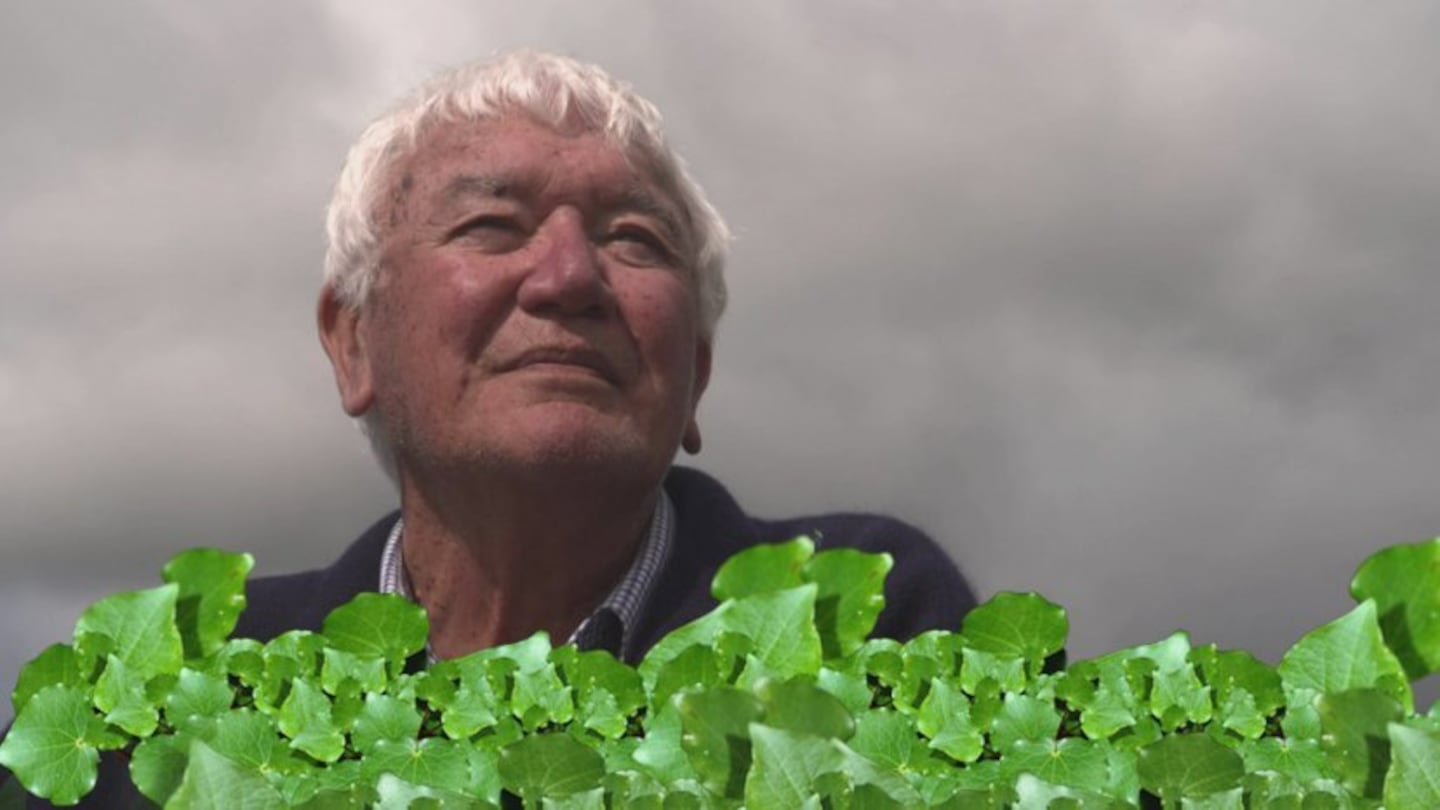Veteran television producer Derek Kōtuku Totorewa Wooster (Ngāti Maniapoto, Ngāti Tūwharetoa, Ngāti Maru, Te Ātiawa) has died aged 77.
He pioneered many shows throughout his career that showcased Māori, including being responsible for bringing the predecessor of Te Matatini to television.
Wooster was born in Ōtorohanga and trained as a teacher but later joined Television New Zealand in 1979 as a production trainee.
“We mourn the loss of a veteran broadcaster. Throughout his career he produced many shows not only just for Māori but many other genres at TVNZ,” Whakaata Māori chief executive Shane Taurima says.
Paying tribute to a fallen tōtara.
He worked on many mainstream productions including Mastermind, Miss Universe New Zealand and Radio Times. He went on to be the deputy head of Māori programmes at TVNZ from 2001 until 2009.
"He has had many accolades from the industry but one that resonates with me is when Derek travelled abroad to film the return of Māori taonga (artefacts) to Aotearoa, Te Hokinga mai," former TVNZ colleague Hone Edwards says.
“He also produced entertainment shows presented by the late Billy T James, Dalvanius Prime and Prince Tui Teka,” Taurima says.
He aired many Māori-focused programmes such as Ngā Manu Kōrero, Māori Sports Awards and many others but one of his most memorable productions was the funeral of the late Maori Queen, Te Arikinui Te Atairangikaahu.
He spearheaded the creation of Marae, working as a producer and studio director of the Māori current affairs show for 17 years.
He was a founder member of Ngā Aho Whakaari, New Zealand's national representing group for Māori working in cinema, video, and television. He was a former treasurer for the Screen Directors Guild of New Zealand and co-author of an MCN discussion paper on broadcasting.
Wooster, a former Tainui delegate on the Federation of Māori Authorities, served on a number of Māori incorporations and ahu whenua trusts in Te Rohe Pōtae (King Country).
He will lie in state at Te Kauae Marae in Hangatiki.
-Additional reporting by Aroha Mane and Tūmamao Harawira



